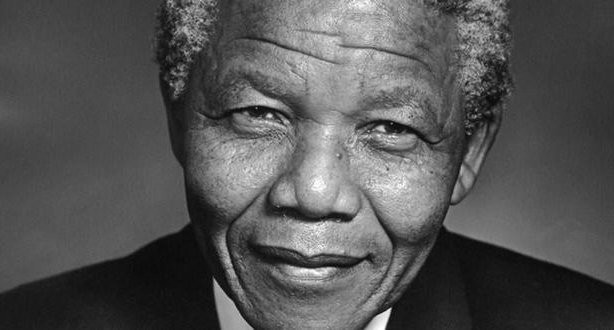Introduction
Nelson Mandela, one of the most revered leaders of the 20th century, was a symbol of hope, resilience, and unity. Born on July 18, 1918, in the small village of Mvezo, South Africa, Mandela’s life journey was nothing short of extraordinary. From his early activism against apartheid to his eventual rise as the first black President of South Africa, Mandela’s legacy continues to inspire generations across the globe.
The Struggle Against Apartheid
Apartheid, a system of institutionalized racial segregation, became a brutal reality in South Africa during the mid-20th century. Mandela, like many others, refused to accept this injustice. He became actively involved in the African National Congress (ANC), a political organization fighting for the rights of black South Africans.
Imprisonment and Sacrifice
Mandela’s relentless fight against apartheid came at a steep cost. In 1964, he was sentenced to life imprisonment for his anti-apartheid activities. Despite facing isolation and harsh conditions on Robben Island, Mandela remained resolute in his commitment to justice and equality.
The Global Call for Freedom
As news of Mandela’s imprisonment spread, the world rallied behind him and the anti-apartheid movement. International pressure on the South African government intensified, with calls for Mandela’s release becoming a global demand for justice.
Triumph of Freedom
After spending 27 years behind bars, Nelson Mandela was released from prison on February 11, 1990, signaling a pivotal moment in South Africa’s history. His release paved the way for negotiations with the apartheid regime, leading to the end of racial segregation.
The Path to Reconciliation
Instead of seeking revenge, Mandela embraced a path of reconciliation and forgiveness. He understood that healing a deeply divided nation required bridging the gaps between black and white communities. Mandela’s philosophy of unity and forgiveness became a beacon of hope for South Africa’s future.
The First Black President
In 1994, South Africa held its first democratic elections, and Mandela stood as the ANC’s candidate for the presidency. He was elected with an overwhelming majority, becoming the first black President of South Africa. Mandela’s presidency focused on dismantling the legacy of apartheid and building a united, inclusive nation.
Mandela’s Global Impact
Nelson Mandela’s influence transcended South Africa’s borders. His charisma, wisdom, and commitment to justice earned him respect and admiration worldwide. He used his global stature to champion causes such as human rights, HIV/AIDS awareness, and education.
The Mandela Foundation
In 1999, Mandela founded the Nelson Mandela Foundation, a non-profit organization focused on promoting his legacy of social justice, human rights, and reconciliation. The foundation continues its work to this day, striving to create positive change in the world.
The Nobel Peace Prize
In recognition of his extraordinary contributions to peace and reconciliation, Nelson Mandela was awarded the Nobel Peace Prize in 1993. The prestigious honor further solidified his status as a global icon of peace and unity.
Legacy and Remembrance
Nelson Mandela’s passing on December 5, 2013, marked the end of an era, but his legacy lives on. Fondly referred to as “Madiba,” a term of endearment in his native Xhosa language, Mandela’s spirit continues to inspire leaders and ordinary individuals alike.
Education and Empowerment
Mandela firmly believed in the power of education to transform lives. His foundation’s initiatives have focused on providing educational opportunities and empowering disadvantaged communities.
Continuing the Journey
The values Mandela espoused – compassion, forgiveness, and equality – remain relevant in our ever-changing world. As we honor his memory, we are reminded of the importance of standing up against injustice and working together for a better, more equitable society.
Conclusion
Nelson Mandela’s life was a testament to the human spirit’s ability to overcome adversity and fight for justice. From a prisoner to a president, he proved that with unwavering determination and a commitment to unity, the seemingly impossible can become a reality. Mandela’s legacy continues to serve as a guiding light, inspiring generations to work towards a world free from discrimination and hatred.
Frequently Asked Questions
- Q: When was Nelson Mandela born? A: Nelson Mandela was born on July 18, 1918.
- Q: What was Nelson Mandela’s role in the fight against apartheid? A: Nelson Mandela was actively involved in the African National Congress (ANC), a political organization fighting against apartheid.
- Q: How long was Mandela imprisoned, and when was he released? A: Mandela was imprisoned for 27 years, and he was released on February 11, 1990.
- Q: What did Mandela focus on during his presidency? A: During his presidency, Mandela focused on dismantling the legacy of apartheid and building a united, inclusive nation.
- Q: What is the Mandela Foundation, and what does it do? A: The Mandela Foundation, founded by Nelson Mandela, promotes his legacy of social justice, human rights, and reconciliation and works to create positive change in the world.
